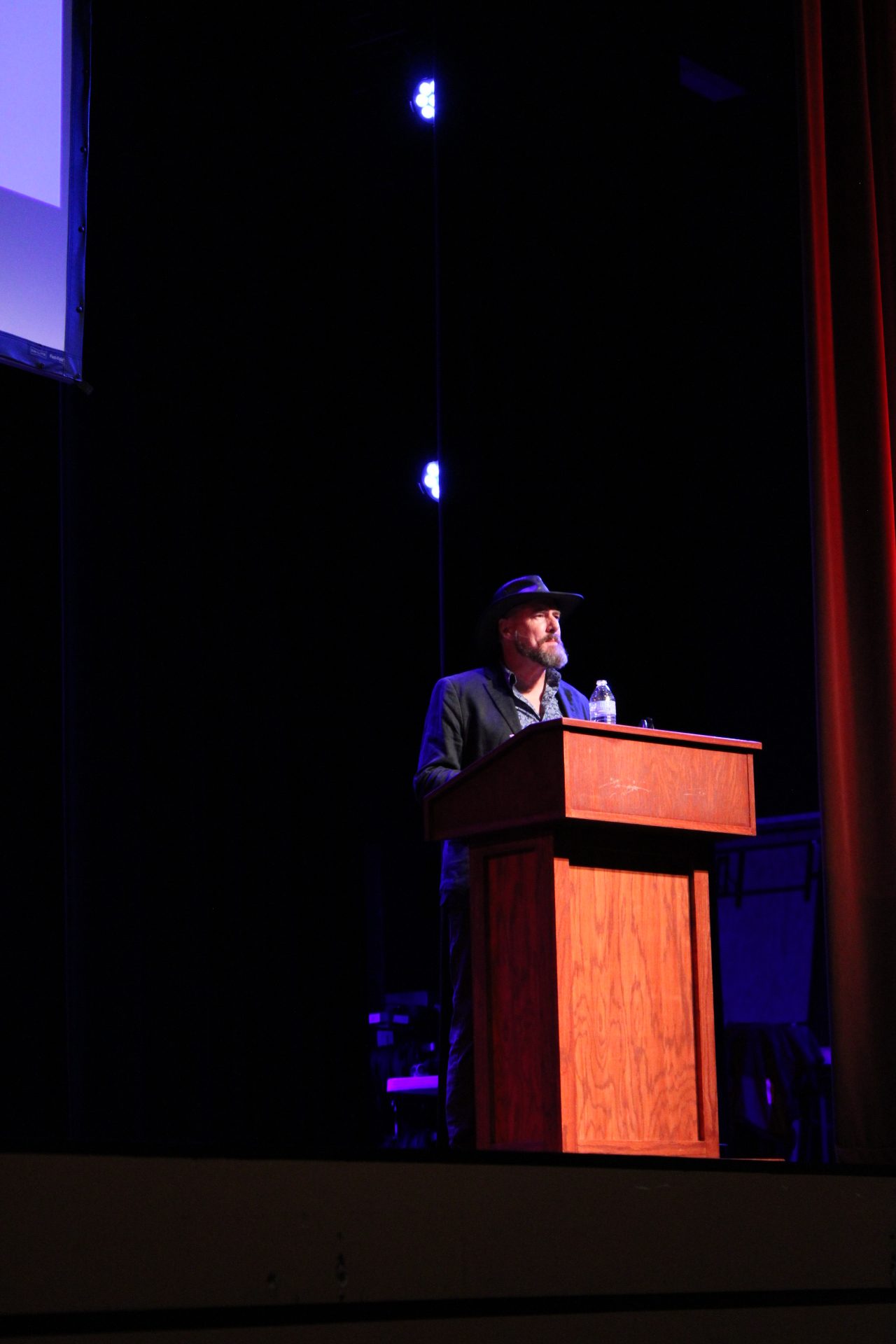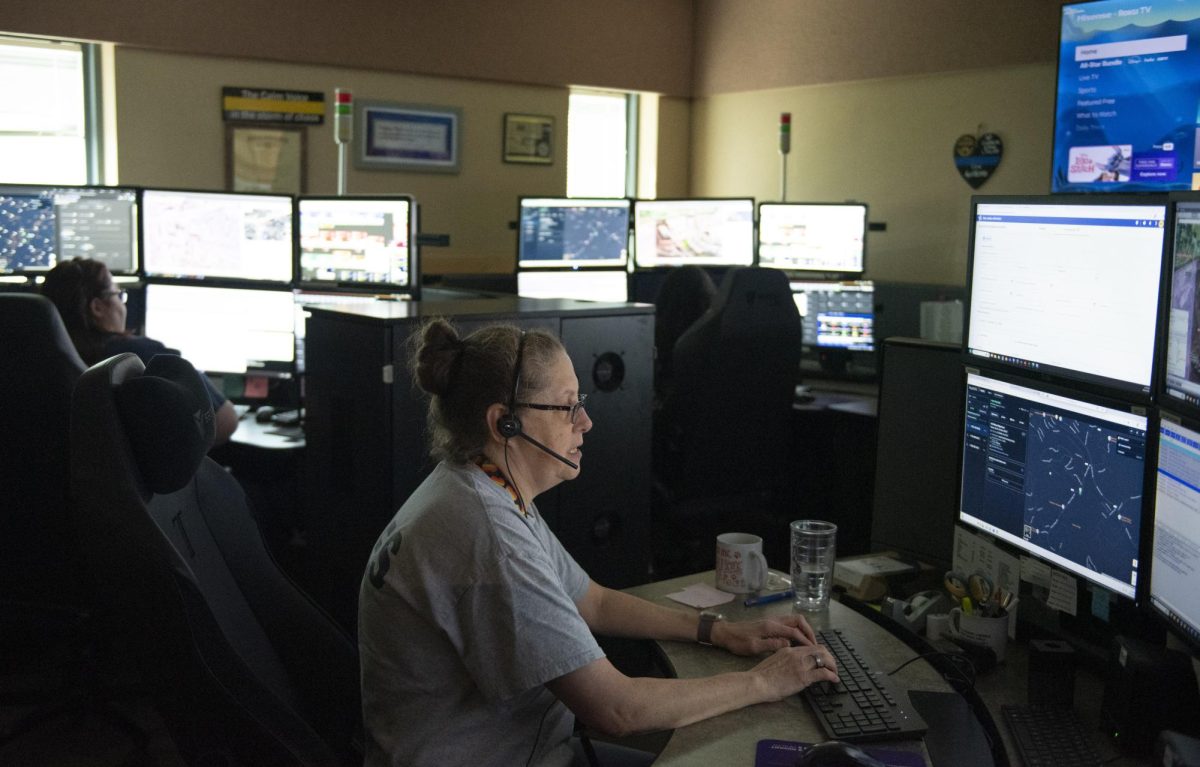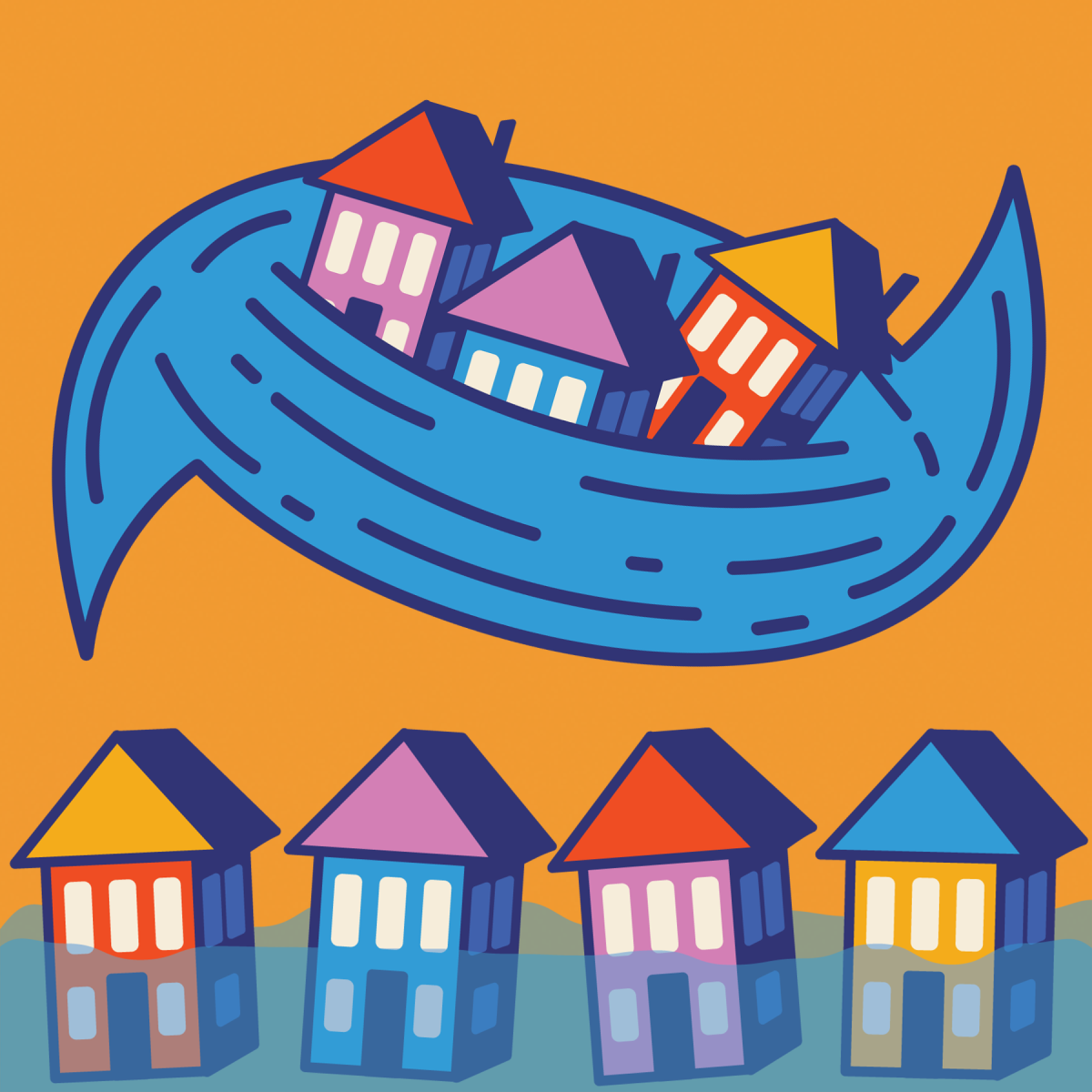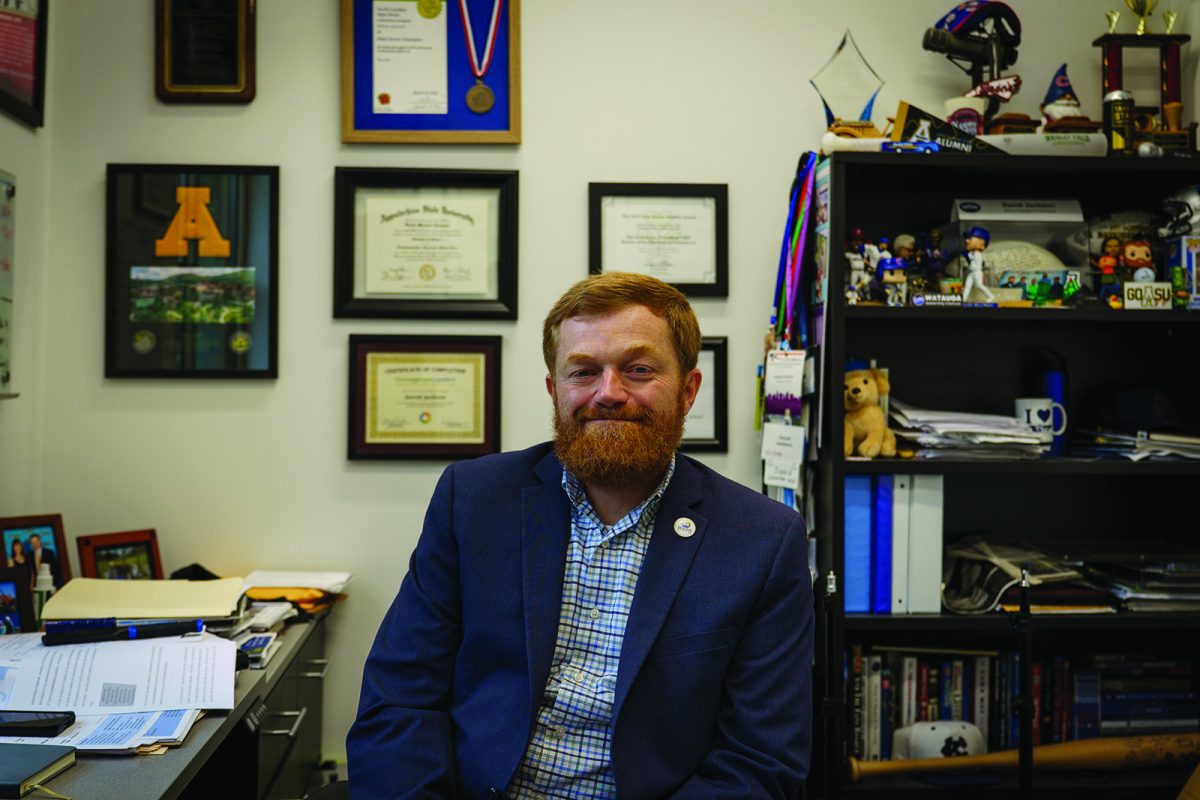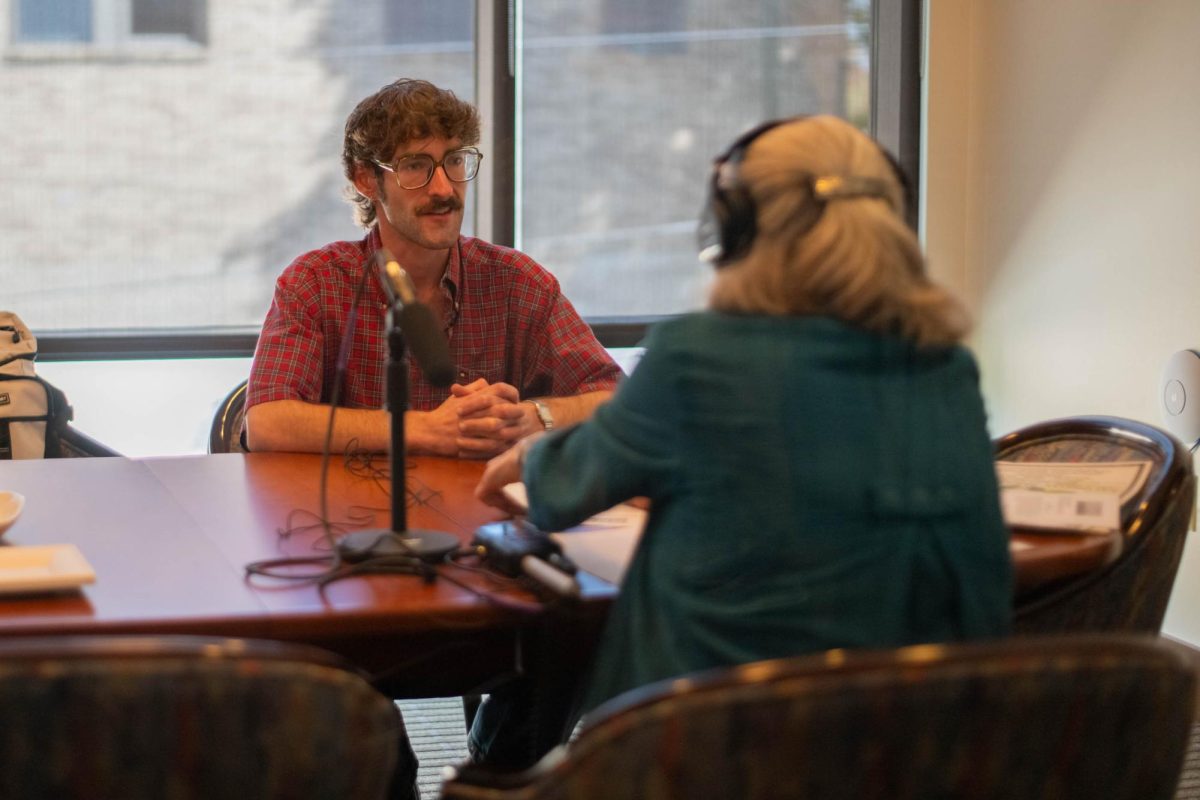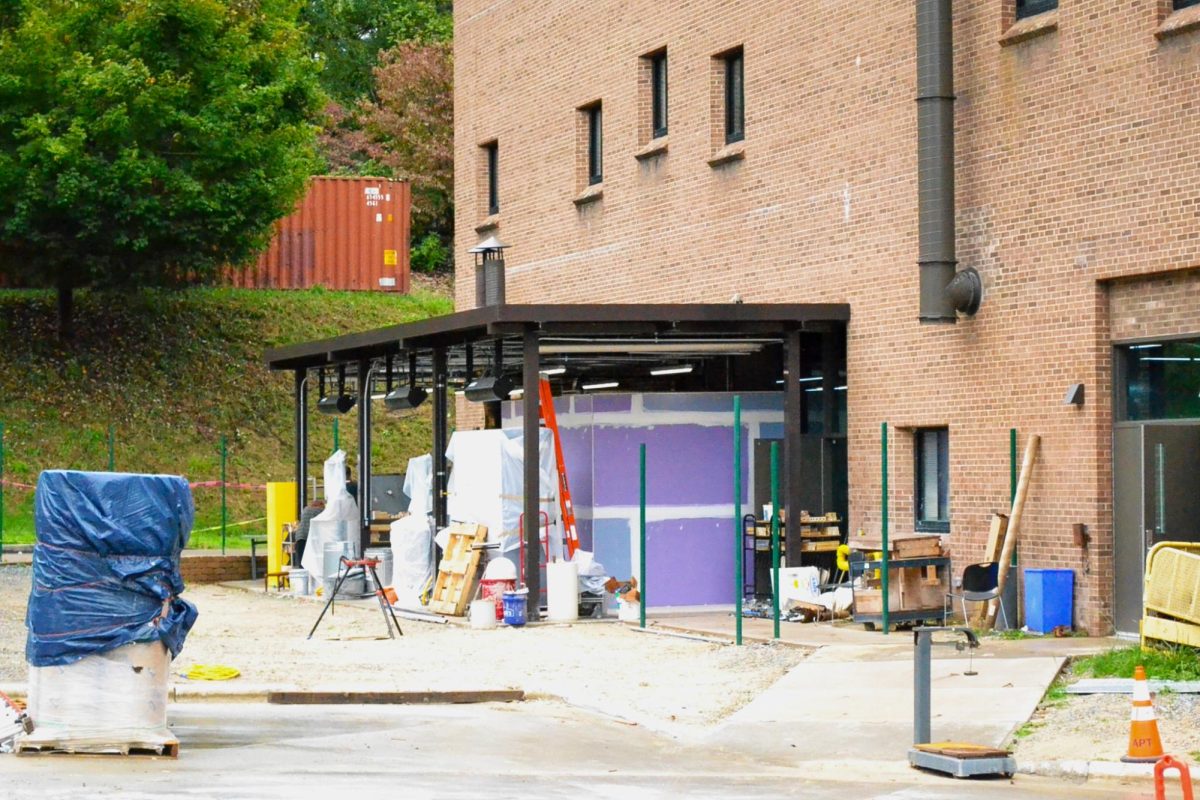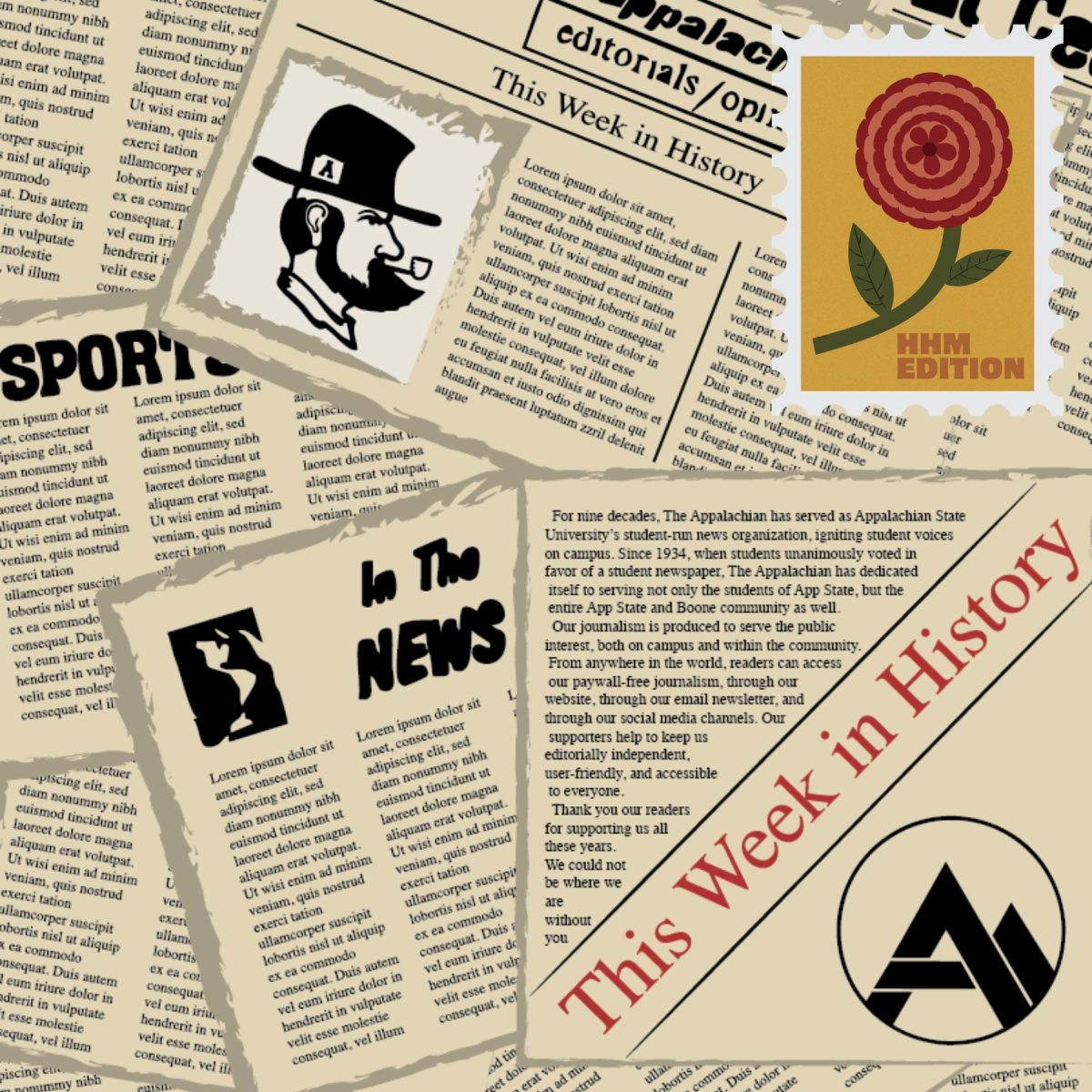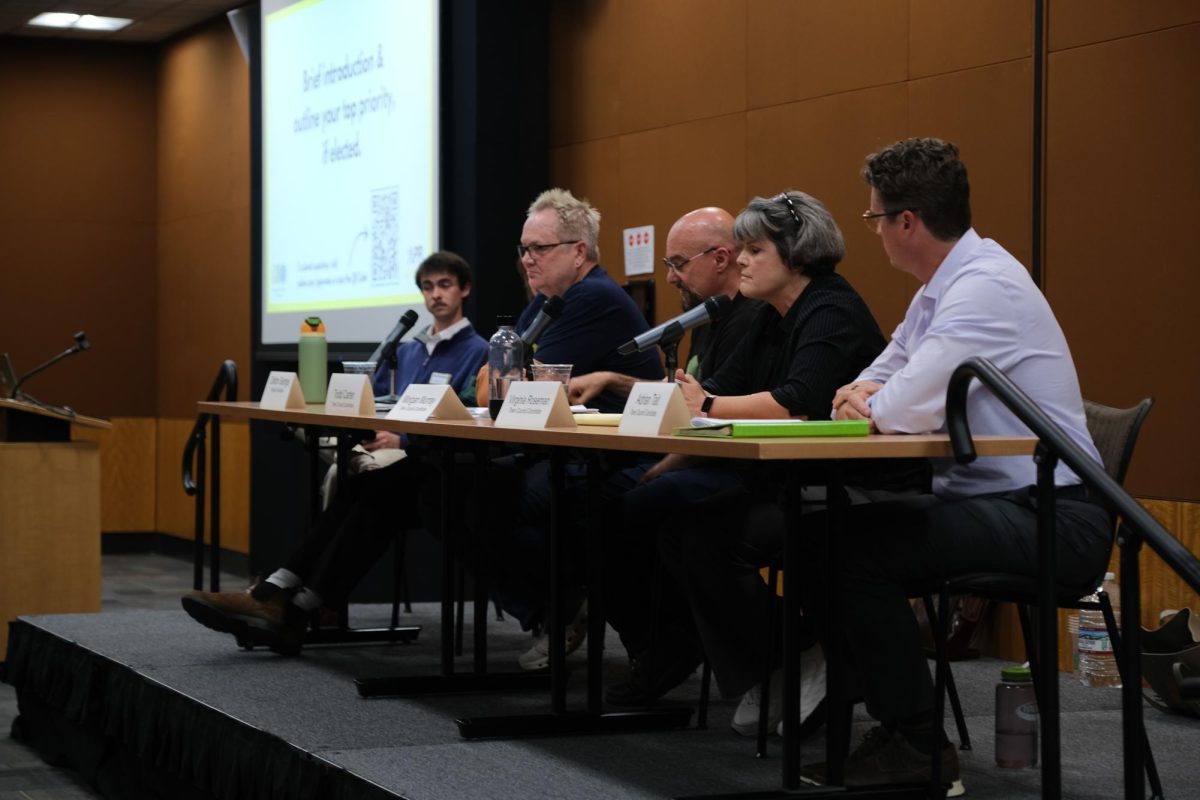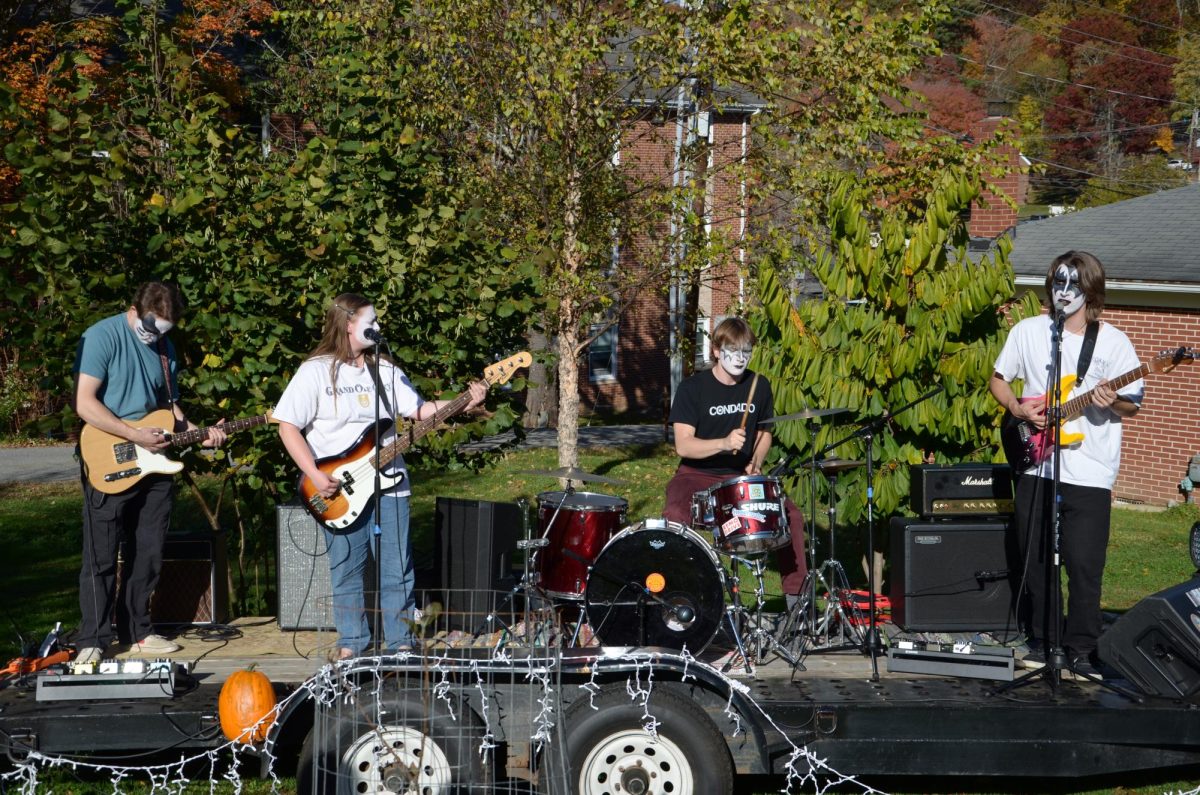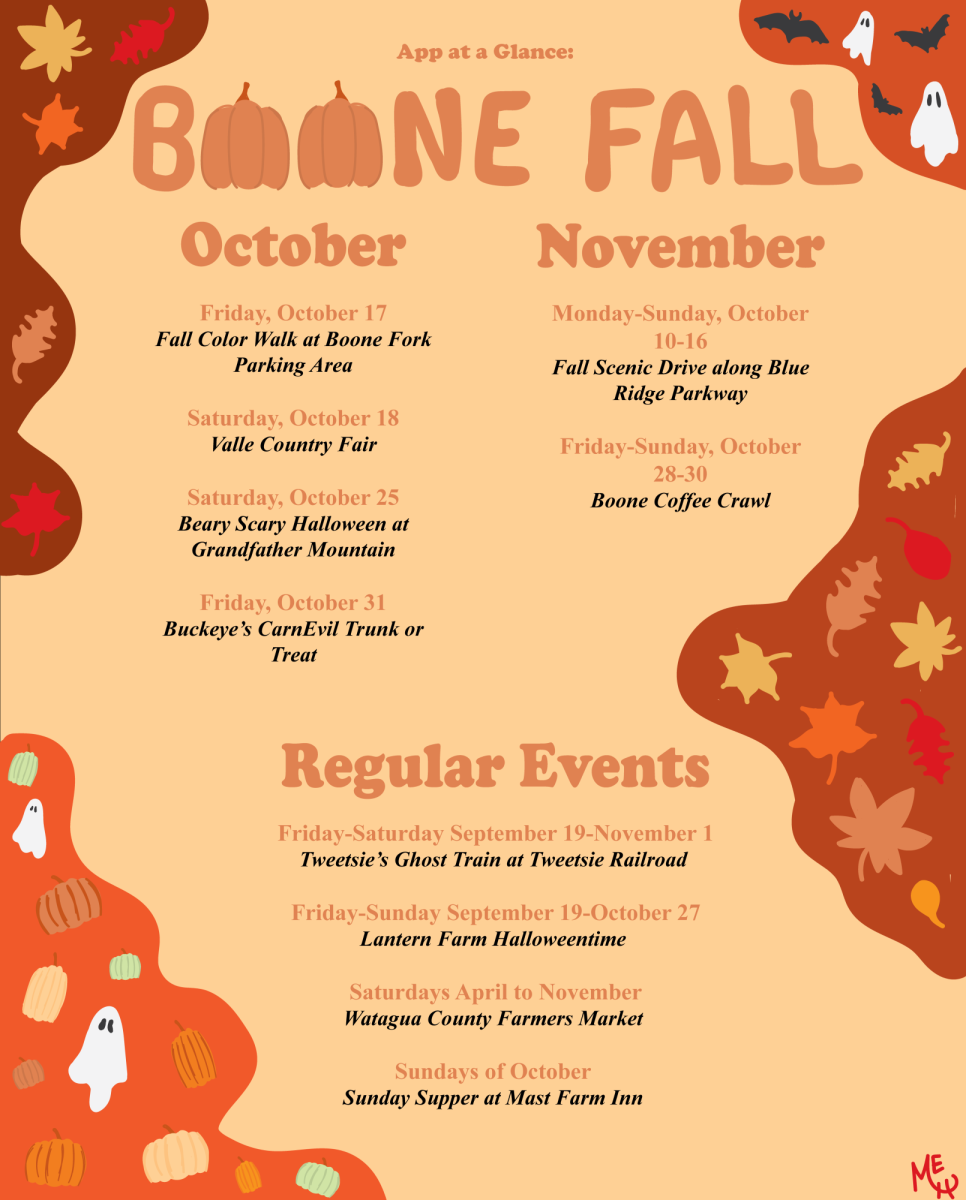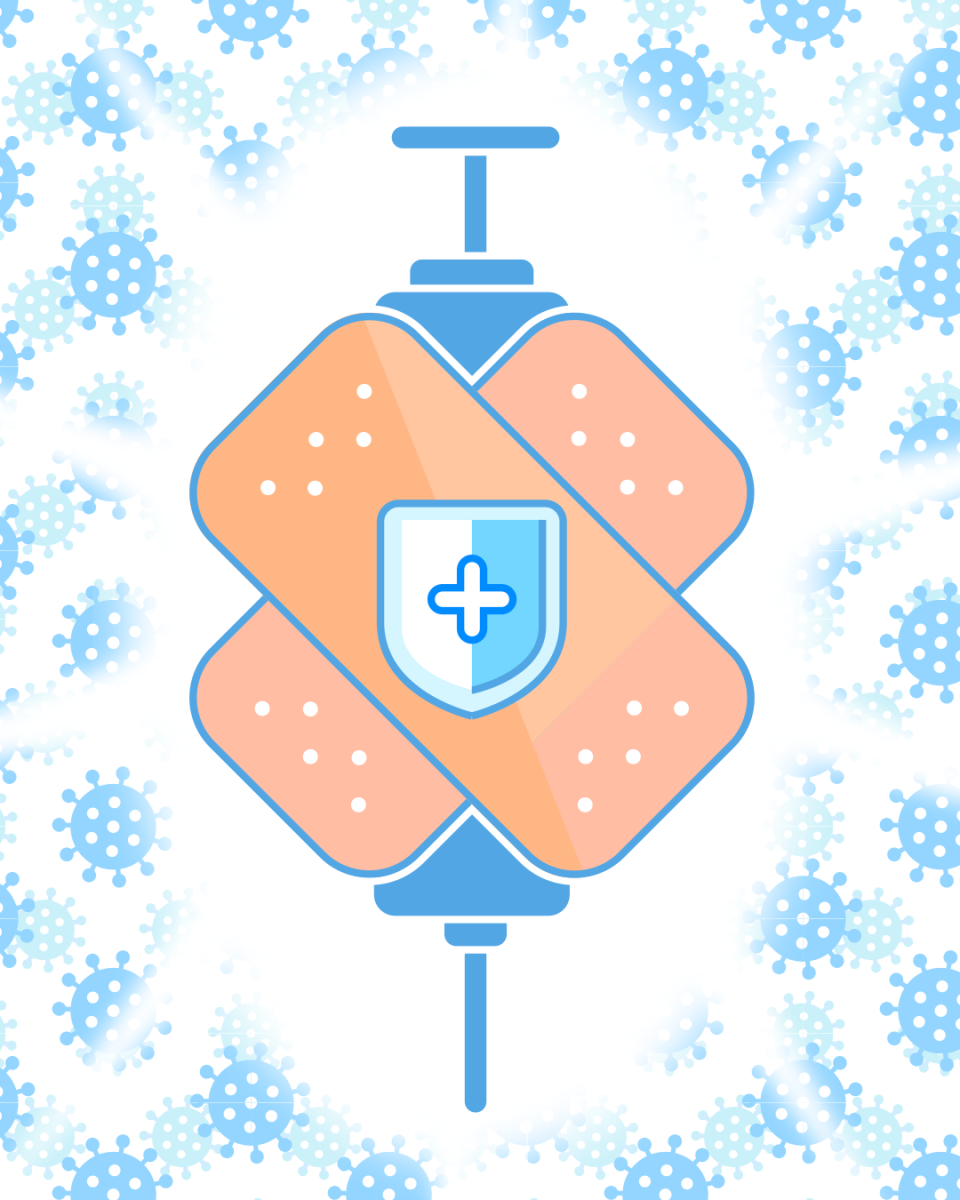Hope after Helene: a community keynote and concert with David LaMotte was held on King Street in honor of the one-year anniversary of Hurricane Helene.
Partnering with the Watauga Long Term Recovery Group, community members and other organizations came together to plan the event, including storytelling, a resource fair and artistic outlets.
Before the keynote and concert began, a video presentation created by Ashlynd Scavotto, Caleb Hignite and Sam Moser that documented the devastation and recovery efforts after Helene was shown.
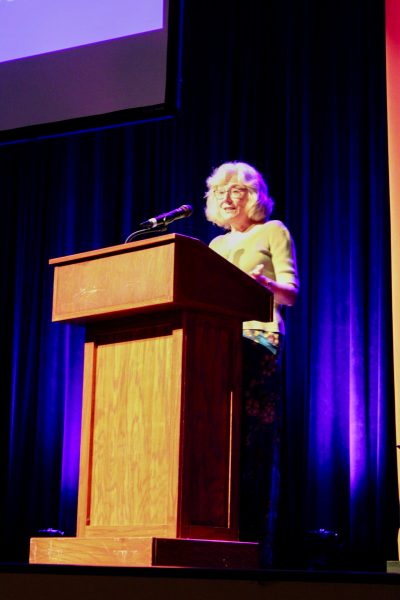
Several community members were invited to share their Helene experiences to honor the anniversary. Steve Marks, chief of the Cove Creek Volunteer Fire Department, Laura Anne Middlesteadt, speaker for National Alliance on Mental Illness and Heather Thorp, App State field director, spoke about the importance of community efforts and healing one year later.
Following the storm, flood damage and fallen power lines isolated Western North Carolina, making it inaccessible to first responders. Cove Creek VFD had their own struggles, losing their propane tank, main generator and power lines during a mud slide.
“When dealing with a crisis and trying to help folks, it becomes really problematic when you can’t communicate with anyone. The only thing that we had access to was our public safety radio system. Nobody could get messages in or out,” Marks said.
For many after the hurricane, neighborhoods became a lifeline of support and aid. Locals began cutting away at debris for accessible routes, supplies were carried to those in need and shelters were set up around the High Country.
“One of my fondest memories is that every morning there was a gathering of the neighborhood at the foot of our bridge. It was about 8:30 in the morning, everyone would come out and share updates, tools, labor, lumbers and generators. We met all our neighbors, some we hadn’t known before,” Middlesteadt said.
The keynote also featured LaMotte, a songwriter and activist from Black Mountain, who was invited to share his Helene experience and what this past year has taught through loss and the recovery process. LaMotte reflected on within his own neighborhood how vastly people were affected differently by Helene.
“That was the wild thing about this storm, the destruction was so scattered. A house four houses down from us had three massive trees on their roof while we hardly had any damage,” LaMotte said.
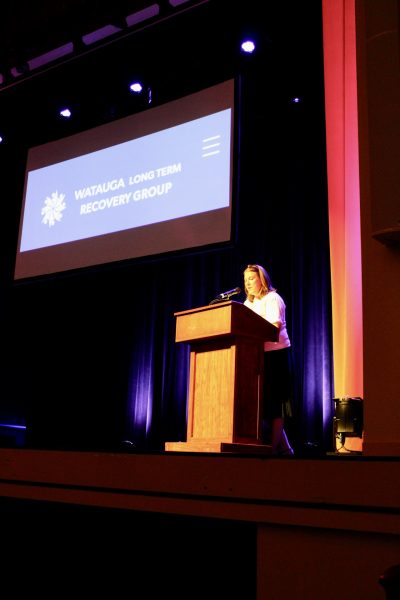
LaMotte noted how countless communities, not just his own, came together and the power of teamwork. He also spoke about the importance of hope during crises and the difference between cheap hope, pretending everything is okay and deep hope, which focuses on recognizing the struggles and creating possibilities for positive change.
“One of the things I think is important to remember right now is that we have the capacity to be a community like that. Because nobody asked anybody before they busted out their chainsaws or brought water, or offered counseling for that matter,” LaMotte said.
The Lees-McRae Summer Theatre and the Banner Elk Presbyterian Church sanctuary choir opened the concert performing selections of “1940,” a musical play written by Janet Barton Speer with John Thomas and Tommy Oaks. The play reflects on the Beech Mountain community’s resilience after the devastation of the flood that happened during the year, helping each other during reconstruction through teamwork and faith.
LaMotte performed a variety of songs, both humorous and sentimental. Some written to reflect events experienced by many people during Helene, the COVID-19 pandemic and others that related to experiences in daily life.
Jacqueline Henry, an event organizer and psychologist, formed an ad-hoc committee soon after the hurricane with local leaders of the community. Together they started planning Hope after Helene alongside the Watauga Long-Term Recovery Group, NAMI High Country, local businesses and churches throughout the county.
“Just spontaneously and organically, and so I wrote a grant and the Presbyterian Disaster Assistance gave us a lot of money so that we could invite David here to do this and rent the Appalachian Theatre for the events,” Henry said.
Henry also noted how differences that usually separate people, like religion and politics, were put aside after the storm and even now. Hope after Helene was planned by community members with different backgrounds, professions and beliefs on the one-year anniversary, bringing the community together in healing and remembrance.
“New alliances formed after the story, people who didn’t know one another became close. We want to continue that community spirit knowing that community is the way we heal and work through trauma from the storm,” Henry said.


